Healthy Fats for Vegetarians: 9 Best Plant-Based Sources
All essential information you need to know before including healthy fats in your vegetarian diet.
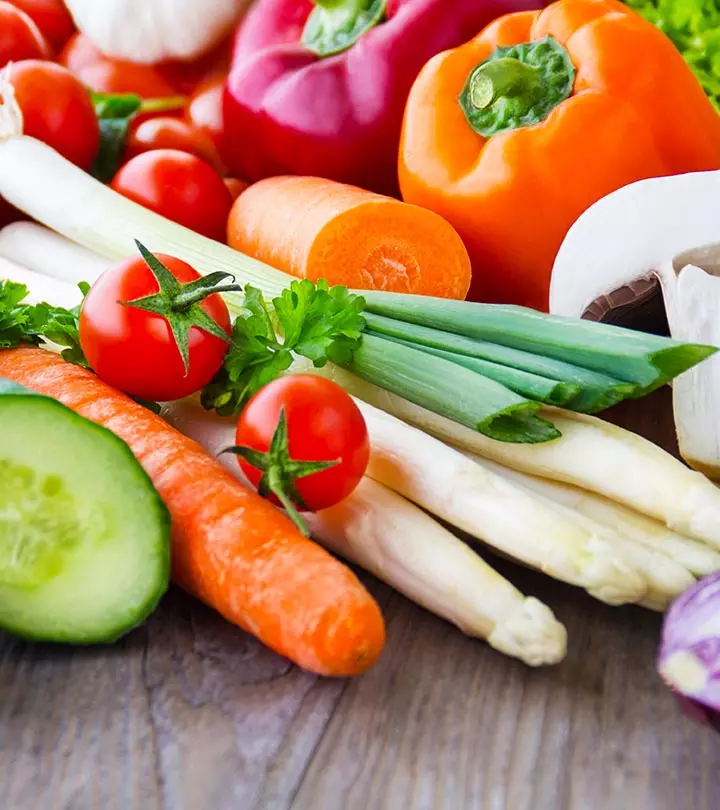
Image: Shutterstock
When people decide to lose weight, they first cut down fats from their diet, which is wrong because they require good fats. However, while non-vegetarians can easily get their fat content from meat, it is difficult to find healthy sources of fat for vegetarians as they do not consume meat, fish ,or eggs. So, if you are a vegetarian who wants to know about all the foods that provide a dose of good fats, this article is just for you.

Not all food items containing fats are good for your health. Instead, some may contain trans-saturated fats, generally known as unhealthy fat. These fats play a crucial role in making you gain unwanted weight, and they increase the levels of cholesterol in your body. So, let us help you consume healthy fats through your diet.
Below, we have all the details that you must read right away. Scroll down to know how to stay healthy and consume good fats if you are a vegetarian. Keep reading!
About Fats:
Vegetarians usually include a lot of butter, cream, cheese and other fatty substances in their diet to get the required amount of fat. On the other hand, those who are health conscious end up avoiding these altogether. Neither of the two options is good for your health. The fats that you acquire in your diet may come from ghee, butter or cheese, but it falls into the group of trans-saturated fat or unhealthy fat. These fats add to your body weight and increase your cholesterol level (1).
In This Article
Why Are Fats Essential For Our Body?
It is a myth that fats only pile up to give you a plump look. This happens only in cases when you have consumed more fat than needed. Just the way that proteins, minerals, calcium and vitamins are essential for your body, so are fats. Some of the reasons why fats are beneficial to your body include: (2).
- Fats are an excellent source of energy, even more than carbohydrates and proteins. 1 gram of fat gives you 9 calories of energy.
- Fats store energy in your body. During fasting or strenuous workout sessions, fats burn into energy to give you strength.
- Some vitamins like vitamin A, D, E & K are fat soluble. Fat makes it easy for these vitamins to be absorbed by the intestine.
- Fats also help in building healthy body cells. They act as a protective sheath to each and every cell. Not only body cells, but fats also help in the proper development of brain cells.
- Fat regulates body temperature.
- Fat adds a shine and glow to your skin making it look healthy. It also gives you healthy hair.
- Fats protect some very vital organs of your body like heart, kidneys and intestines. They form a layer around these organs and act as a cushion supporting them from any sort of injury.
 Quick Tip
Quick TipThere Are Three Types Of Fats Found In Food:
- Saturated fatty acids (SFAs)
- Trans-saturated fatty acids
- Unsaturated fatty acids – This is divided into monounsaturated fatty acids (MUFAs) and polyunsaturated fatty acids (PUFAs).
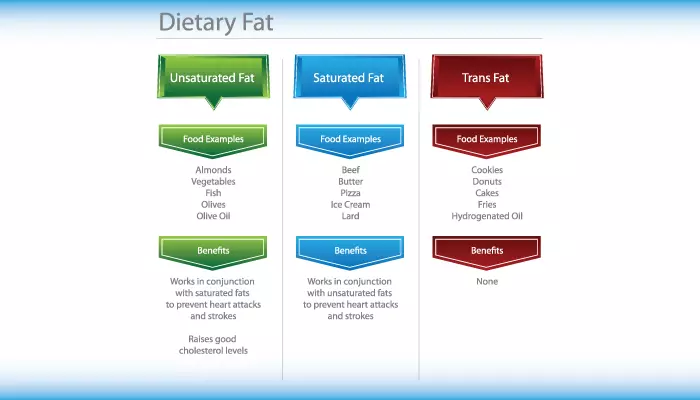
Bad Fat:
Both saturated fats and trans-saturated fats are unhealthy fats which are mainly harmful for your body.
Other than adding weight, they also increase cholesterol level, which may result in many heart diseases and strokes (1).
Butter, hard cheese, cream, cookies, cakes, coconut milk, fatty cuts of meat, and fried foods are sources of saturated fat.
Good Fat:
Mono-unsaturated and Poly-unsaturated fats exhibit anti-inflammatory properties and are good for your health.
They lower your blood cholesterol level, have anti-inflammatory properties, and also prevent blood clotting (3).
Poly-unsaturated fatty acids can again be classified into omega-3 and omega-6 fatty acids.
Both these fatty acids should be essentially available in your regular diet for maintaining a proper health. Whole milk and full-fat yogurt are rich dairy sources of good fats.
Sarah, a blogger, shared her experience of transitioning to a diet containing more healthy fats: “A few years ago I discovered a little secret about all of those fat free and reduced fat foods I was eating….to make them taste good, they add a ton of preservatives and sugar. When comparing the calories, most of the food had double the calories of its full fat version (i).” She added, “I went out on a limb and did something crazy. I changed my diet and started just following calorie counts and allowed myself to, gasp, eat full fat foods. Guess what? I didn’t gain any weight, and my food tasted a lot better.”
In order to add good fat to your body, you need to know what to consume. Here is a list of the various sources of healthy fats that you should look to incorporate in your diet:
1. Almonds, Nuts, And Seeds:
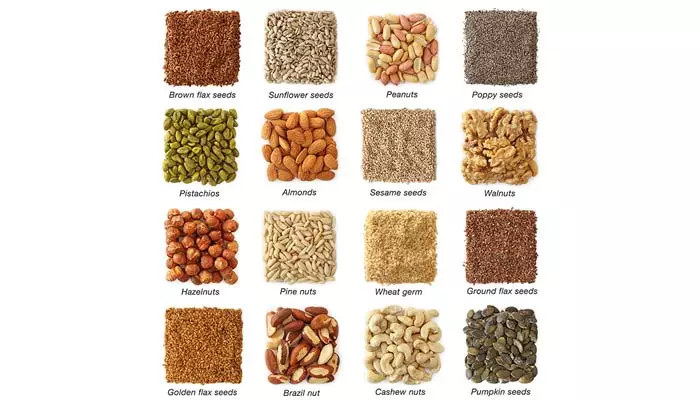
Almonds, walnuts and cashew nuts are a very rich source of omega 3 fatty acids that are also found in fatty fish and are actually good for your health. They add to the good cholesterol level (4), (5).
A recent study showed the percentage of different fatty acids in various types of nuts, including almonds. These saturated, polyunsaturated and monounsaturated fatty acids help maintain good health by reducing LDL (bad cholesterol levels) in the body. The exact value of fatty acid content in nuts is displayed in the graph below.

Representation Of Different Fatty Acids In Various Types Of Nuts
Source: Nuts: Natural Pleiotropic Nutraceuticals- Each time you feel hungry between meals, try and have a fistful of nuts instead of biscuits, cakes, pastries or cereal bars. Nuts with dark chocolate also make a healthy snack when consumed in limited quantities.
- Hemp seeds, pumpkin seeds, chia seeds, and sunflower seeds have a slightly nutty flavor and can be dry roasted to use on top of salads, oatmeal, or in baked goods.
- Nuts will keep you full for a longer time as well as also add to your health.
- Flax seeds are a rich source of omega 3 fats. You can have these seeds whole or ground them to fine powder and store them in an air-tight container.
- Sprinkle on top of your favorite smoothies or mix with milk. This is the healthiest and the best source of fat.
- Roasted nuts can be ground to prepare nut butter, which are rich sources of protein, healthy fats, fiber, vitamins, and minerals.
2. Plant Oils:
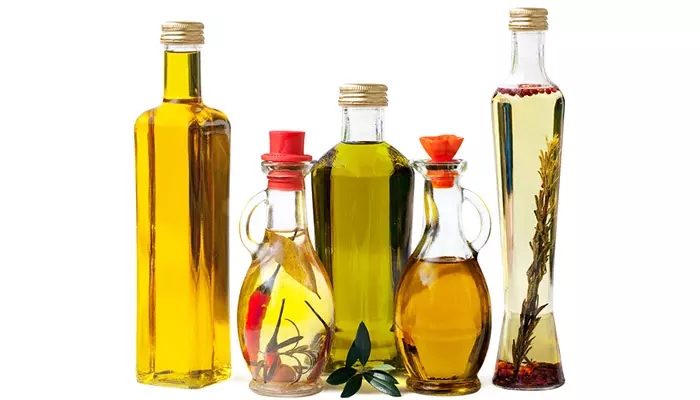
Vegetable oil, olive oil, sunflower oil or canola oil are very rich and healthy sources of fat in food (6), (7).
According to a survey including 1000 Americans, it was found that 65% believed that olive oil was beneficial to one’s health while 5% believed it was harmful. 17% believed that it had no effect on the body or health of a person, while 14% were not sure of its benefits or harmful effects.
- Use these oils whenever cooking (except olive oil as it is best to consume it raw). Use a teaspoon of oil for each person you are cooking for.
- You may also use a small spoonful or two in your salad dressing.
- Flaxseed oil is a rich source of omega-3 fatty acids, but it cannot be used for cooking as it breaks down at high temperatures. You can use it in your salads or smoothies.
- If you love having ghee, try having homemade ghee. They are much healthier than those bought from the market.
- Tahini, prepared with sesame seed and olive oil, is rich in healthy unsaturated fats.
3. Soya Beans:
Soya beans are a rich source of omega-6 fatty acids which reduces the risk of developing cardiovascular diseases (8). They are among foods high in omega 3 fatty acids that help reduce oxidative stress and improve health in general (8)
- Eat roasted soya beans as a snack.
- Add them to your salads for extra texture and crunch.
- Add boiled soya beans to your soups and curries.
4. Mayonnaise:
Mayonnaise is also a very good source of unsaturated fat.
- Always check the label before buying.
- Spreading cheese or butter on your sandwiches can be replaced by mayonnaise.
5. Tofu:
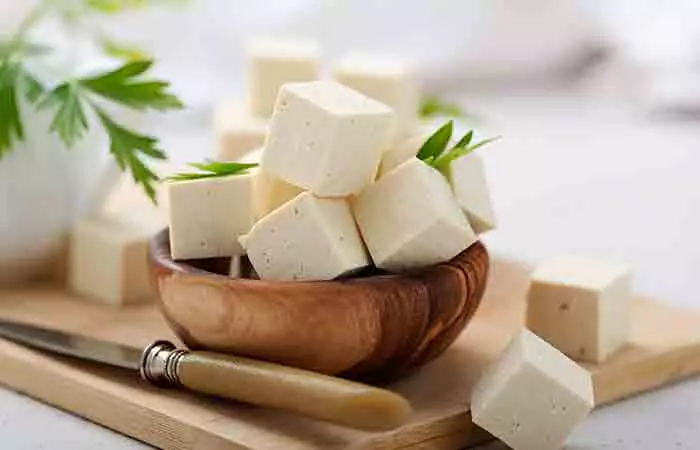
Tofu is cottage cheese or paneer that is made from soy milk. It tastes almost the same as paneer that is made from milk. It is one of the best sources of fat, especially polyunsaturated fats that may regulate blood sugar levels (9).
- Toss it into salads, soups, stews, or curries.
- Blend silken tofu into your smoothies for a creamy texture.
- Blend it with yogurt and spices of your choice to create a healthy dip.
 Quick Tip
Quick Tip6. Soy Milk:
This is another good source of polyunsaturated fat that may improve the symptoms of cardiovascular diseases, diabetes, etc (10), (11).
- Use it for smoothies, coffee, tea, or hot chocolate.
- Use it in oatmeal preparations for a nutritious breakfast.
- Add it to your creamy soups and sauces.
7. Corn:
Corn oil is also a good source of unsaturated fat which may lower cholesterol levels and decrease the risk of developing cardiovascular diseases (12), (13).
- Grill or boil fresh corn on the cob and enjoy it as a snack.
- Add it to your salads for added sweetness and texture.
8. Avocados And Olives:
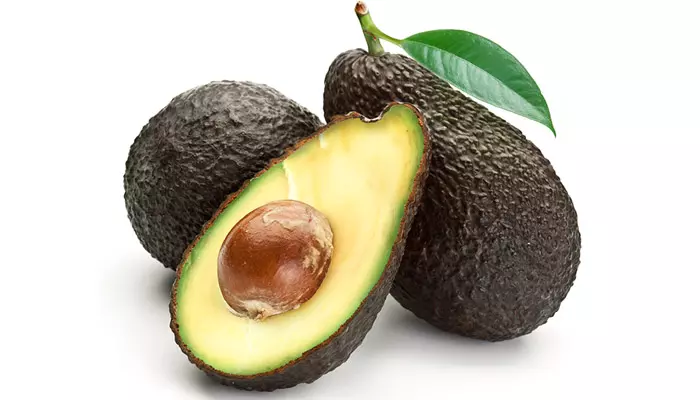
Avocados and olives contain a good amount of mono-unsaturated fats which may protect against heart diseases (14), (15).
- Have half an avocado per day. They are good for your heart and also improve your memory.
- The green soft flesh of avocado is rich in unsaturated fat.
- Mash avocados as sandwich dressing, in salads or even consumed raw with a pinch of salt and pepper as a healthy and yummy treat.
- Olives are also heart-friendly fruits with monounsaturated fat. They help in lowering your cholesterol level.
- 100 grams of olives contain just 15 grams of fat.
- Include olives in your salad or have it in your pasta toppings.
9. Vegetables:
Vegetables are generally fat-free. But cooking and frying makes vegetables rich in fats, which are unhealthy.
- Prepare veggies by baking, brushing just a little olive oil, or you may also stir-fry veggies.
Key Takeaways
- Some sources of healthy fats are nuts and seeds, plant oils, and vegetables.
- Fats may help in brain development and are converted into energy during fasting or intense workouts to give you strength.
- A, D, E, and K are some of the fat-soluble vitamins, which the intestine absorbs more easily when fat is present
- Fats may help build healthy body cells.
Infographic: How To Get More Healthy Fats In A Vegetarian Diet
A vegetarian diet can be very healthy, with plenty of micronutrients from all plant-based foods. However, if you are not aware, your diet may become deficient in one important macronutrient— fat! All fat is not bad for you, and healthy fats are, in fact, essential for a balanced diet to ensure optimum health. Check out the following infographic to learn about the simple and delicious ways you can include more healthy fats in your meals.
Some thing wrong with infographic shortcode. please verify shortcode syntaxFat has a major role to play in our bodies. However, compared to non-vegetarians, individuals who consume vegetarian foods tend to accumulate lesser fat. So, including healthy fat sources in their diet helps them with the required energy. Fat also regulates body temperature and promotes hair and skin health. Avocados, olives, corn, vegetables, seeds, nuts, almonds, plant oils, mayonnaise, soymilk, and tofu are some of the best sources of healthy fats. Try including these foods in your regular diet in moderate amounts.
Frequently Asked Questions
How do healthy fats impact hormone levels and overall endocrine health?
Lauren Mahesri, RDN, says, “Healthy fats can positively affect your overall hormone health by lowering inflammatory markers in your body. Specifically omega-3 fatty acids found in fatty fish, olive oil, and some nuts have been shown to reduce the inflammatory route that most often connects to poor hormone health. Also, a diet high in unhealthy fats has been shown to increase insulin resistance, which is the hormone related to our ability to control our weight and blood sugar management.”
How do healthy fats impact brain function and cognitive performance?
Mrinal Pandit, RD, says, “Omega-3 fatty acids are examples of healthy fats that help in the performance of brain functions. These fats play structural roles in the cell membranes of the brain, as well as provide the medium through which the brain’s cells communicate. Consumption of appropriate portions of healthy fats has presented positive impacts on memory, learning, and concentration. Also, some fats are proven to have anti-inflammatory effects that may help to reduce brain damage.”
What food has fat but no protein?
Virgin coconut oil has fat but no protein. One tablespoon of virgin coconut oil has 14 grams of fat and 0 protein (16).
What foods make you fat fast?
Consuming homemade protein shakes, potato chips, red meats, salmon, and protein or food supplements for weight gain can make you fat quickly.
Can I still lose weight while consuming healthy sources of fat?
Yes, you can still lose weight while consuming healthy sources of fat in moderation as they help you control your appetite and prevent overeating. According to a study, the intake of moderately high-fat diets like MeDiet can prevent obesity (17).
How much fat should I be eating per day?
According to the World Health Organization and Food and Nutrition Board, Institute of Medicine, you should be eating 20 to 35% of fats of your total calorie intake per day (18). So, if you are on a 2,000-calorie diet, your total fat intake should be nearly 44-78 grams/day.
What happens if you don’t eat healthy fats?
Not eating healthy fats in your diet can affect your skin and hair health, make your feel fatigued, and affect your overall health. Very low-fat diets are also linked with a higher incidence of metabolic syndrome in adults (19).
Illustration: Healthy Sources Of Fats For Vegetarians To Consume
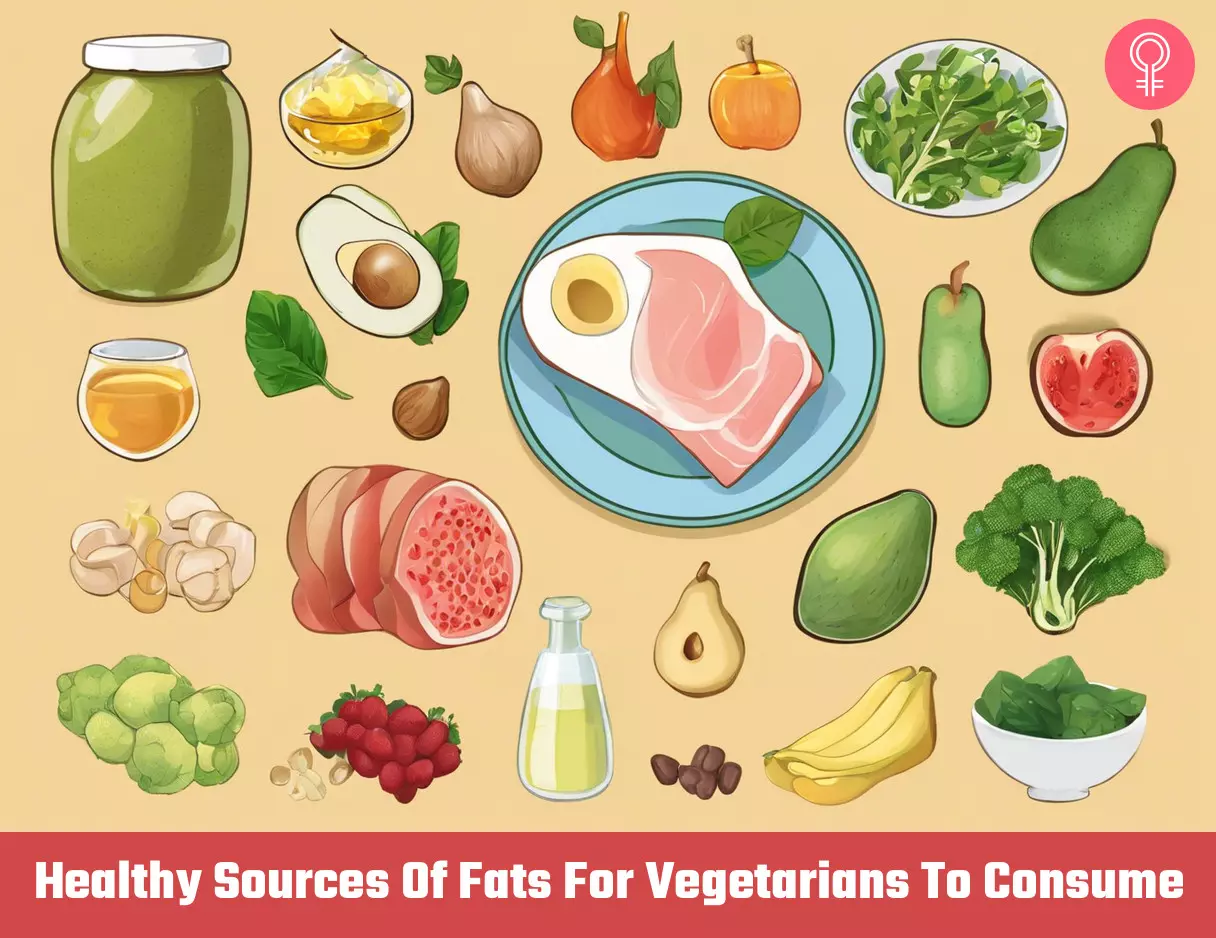
Image: Stable Diffusion/StyleCraze Design Team
The video below discusses a few high-fat foods that are good for your health. It details the food’s goodness and why you should include it in your diet. Watch this video to know more!
Personal Experience: Source
StyleCraze's articles are interwoven with authentic personal narratives that provide depth and resonance to our content. Below are the sources of the personal accounts referenced in this article.
i. The “F” Wordhttps://runningonhealthydotcom.wordpress.com/2014/01/10/the-f-word/
References
Articles on StyleCraze are backed by verified information from peer-reviewed and academic research papers, reputed organizations, research institutions, and medical associations to ensure accuracy and relevance. Read our editorial policy to learn more.
- Trans fatty acids and lipid profile: A serious risk factor to cardiovascular disease cancer and diabetes
https://www.researchgate.net/publication/331822682_Trans_fatty_acids_and_lipid_profile_A_serious_risk_factor_to_cardiovascular_disease_cancer_and_diabetes - A comparative overview on good fats and bad fats: guide to control healthy body
https://www.researchgate.net/publication/265785533_A_comparative_overview_on_good_fats_and_bad_fats_guide_to_control_healthy_body - Dietary Monounsaturated Fatty Acids Are Protective Against Metabolic Syndrome and Cardiovascular Disease Risk Factors
https://www.researchgate.net/publication/49824076_Dietary_Monounsaturated_Fatty_Acids_Are_Protective_Against_Metabolic_Syndrome_and_Cardiovascular_Disease_Risk_Factors - Omega‐3 fatty acids in wild plants nuts and seeds
https://www.researchgate.net/publication/227602600_Omega-3_fatty_acids_in_wild_plants_nuts_and_seeds - Fatty acid composition of nuts – Implications for cardiovascular health
https://www.researchgate.net/publication/6671762_Fatty_acid_composition_of_nuts_-_Implications_for_cardiovascular_health - Sunflower oil: Efficient oil source for human consumption
https://www.researchgate.net/publication/308032797_Sunflower_oil_Efficient_oil_source_for_human_consumption - Does cooking with vegetable oils increase the risk of chronic diseases?: A systematic review
https://www.researchgate.net/publication/279863541_Does_cooking_with_vegetable_oils_increase_the_risk_of_chronic_diseases_A_systematic_review - Beneficial Outcomes of Omega-6 and Omega-3 Polyunsaturated Fatty Acids on Human Health: An Update for 2025
https://www.ncbi.nlm.nih.gov/pmc/articles/PMC8308533/ - Tofu: A Popular Food with High Nutritional and Health Benefits
https://www.researchgate.net/publication/332343856_Tofu_A_Popular_Food_with_High_Nutritional_and_Health_Benefits - Soymilk as source of nutrient for malnourished population of developing country: A review
https://www.researchgate.net/publication/330727127_Soymilk_as_source_of_nutrient_for_malnourished_population_of_developing_country_A_review - Soya–the medicine food product
https://pubmed.ncbi.nlm.nih.gov/17966452/ - Corn sweet yellow raw
https://www.google.com/url?q=https://fdc.nal.usda.gov/fdc-app.html%23/food-details/169998/nutrients&sa=D&source=docs&ust=1646317500383710&usg=AOvVaw36wYQds1i7JiqTM3RjHelo - Sweet Corn -A Future Healthy Human Nutrition Food
https://www.researchgate.net/publication/344212546_Sweet_Corn_-A_Future_Healthy_Human_Nutrition_Food - Avocados (monounsaturated fatty acids) weight loss and serum lipids
https://www.researchgate.net/publication/238785952_Avocados_monounsaturated_fatty_acids_weight_loss_and_serum_lipids - Table olives and health: A Review
https://www.ncbi.nlm.nih.gov/pmc/articles/PMC7737178/ - VIRGIN COCONUT OIL
https://fdc.nal.usda.gov/fdc-app.html#/food-details/724940/nutrients - Quality of Dietary Fat Intake and Body Weight and Obesity in a Mediterranean Population: Secondary Analyses within the PREDIMED Trial
https://www.ncbi.nlm.nih.gov/pmc/articles/PMC6315420/ - A healthy approach to dietary fats: understanding the science and taking action to reduce consumer confusion
https://www.ncbi.nlm.nih.gov/pmc/articles/PMC5577766/ - Very-low-fat diets may be associated with increased risk of metabolic syndrome in the adult population
https://pubmed.ncbi.nlm.nih.gov/26602244/
Read full bio of Bulelani Makapela
- Lauren Mahesri is a Registered Dietitian Nutritionist with 3+ years of experience in the field of pediatric nutrition. She studied Nutrition and Child Development at The University of Texas at Austin and completed her dietetic internship at the University of Houston. In a bid to offer evidence-based nutrition information to parents, she runs a blog called The Pediatric Diet. Her previous work includes acute care and outpatient nutrition counseling.
 Lauren Mahesri is a Registered Dietitian Nutritionist with 3+ years of experience in the field of pediatric nutrition. She studied Nutrition and Child Development at The University of Texas at Austin and completed her dietetic internship at the University of Houston. In a bid to offer evidence-based nutrition information to parents, she runs a blog called The Pediatric Diet. Her previous work includes acute care and outpatient nutrition counseling.
Lauren Mahesri is a Registered Dietitian Nutritionist with 3+ years of experience in the field of pediatric nutrition. She studied Nutrition and Child Development at The University of Texas at Austin and completed her dietetic internship at the University of Houston. In a bid to offer evidence-based nutrition information to parents, she runs a blog called The Pediatric Diet. Her previous work includes acute care and outpatient nutrition counseling. - Dr. Mrinal Pandit is a registered dietician with the board of the Indian Dietetic Association (IDA) with over 13 years of experience. She is also a certified diabetic educator recognized by the Indian Diabetic Federation (IDF). After completing her post-graduation in dietetics from Savitribai Phule Pune University, Mrinal went on to work in maternity and childcare units, guiding new moms to plan their post-partum nutrition. Additionally, she has worked as a wellness consultant with reputed MNCs to create awareness among their employees on the importance of healthy eating.
 Dr. Mrinal Pandit is a registered dietician with the board of the Indian Dietetic Association (IDA) with over 13 years of experience. She is also a certified diabetic educator recognized by the Indian Diabetic Federation (IDF). After completing her post-graduation in dietetics from Savitribai Phule Pune University, Mrinal went on to work in maternity and childcare units, guiding new moms to plan their post-partum nutrition. Additionally, she has worked as a wellness consultant with reputed MNCs to create awareness among their employees on the importance of healthy eating.
Dr. Mrinal Pandit is a registered dietician with the board of the Indian Dietetic Association (IDA) with over 13 years of experience. She is also a certified diabetic educator recognized by the Indian Diabetic Federation (IDF). After completing her post-graduation in dietetics from Savitribai Phule Pune University, Mrinal went on to work in maternity and childcare units, guiding new moms to plan their post-partum nutrition. Additionally, she has worked as a wellness consultant with reputed MNCs to create awareness among their employees on the importance of healthy eating.
Read full bio of Tanya Choudhary
Read full bio of Arshiya Syeda
Read full bio of Himanshi Mahajan




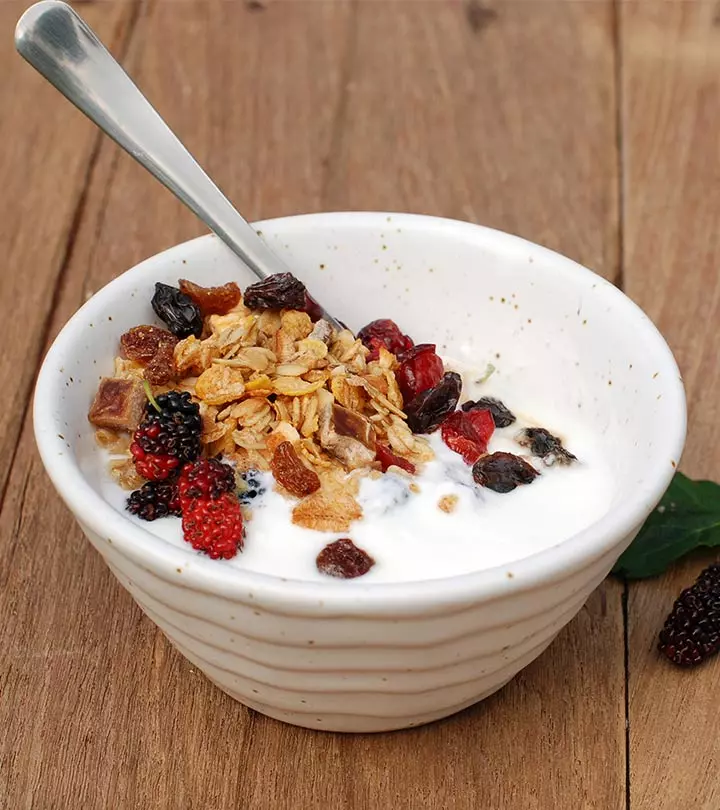
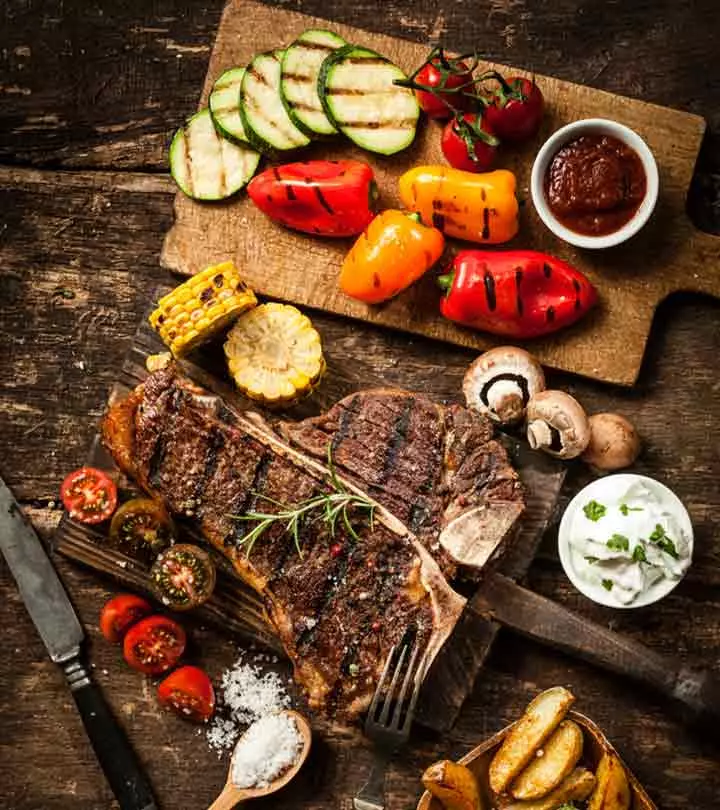
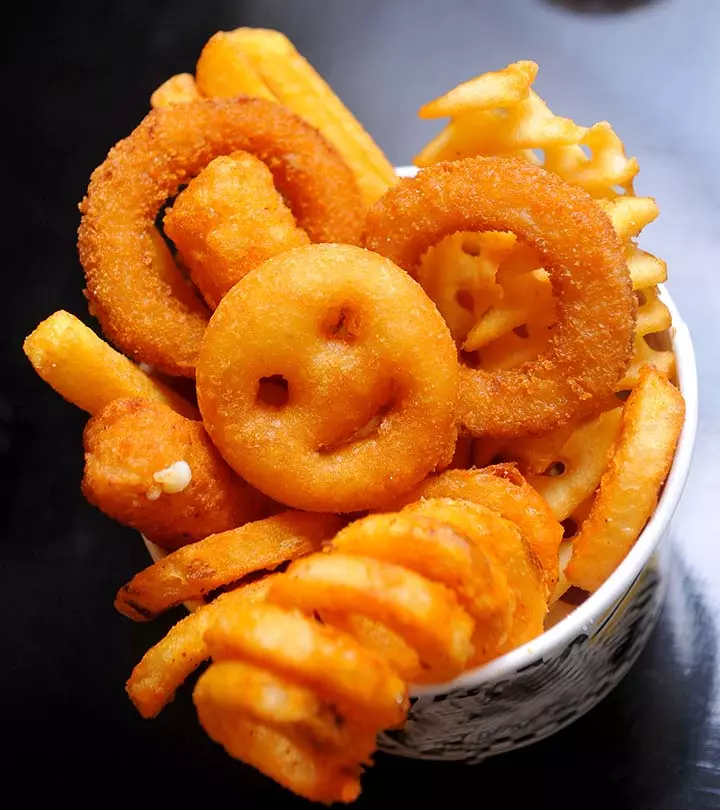
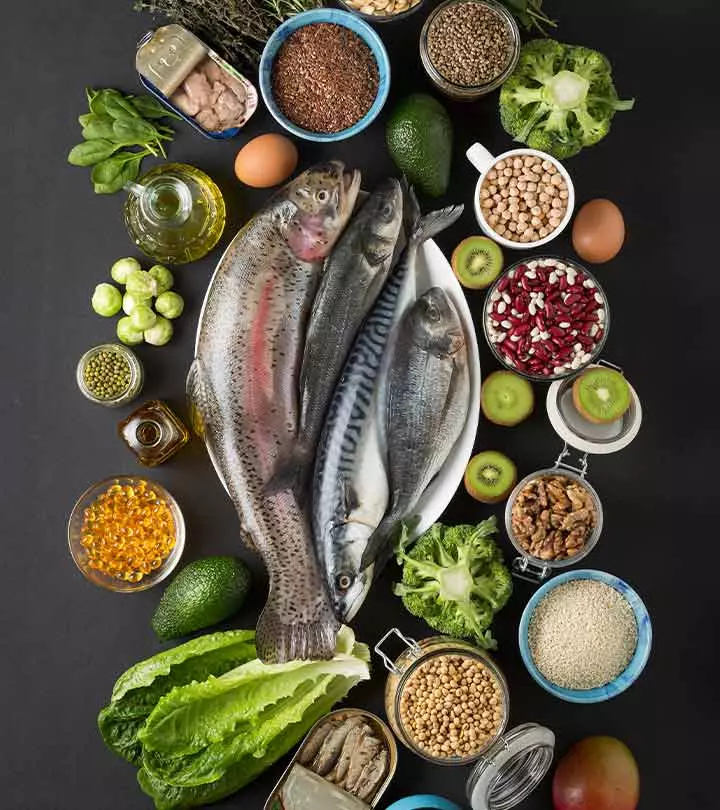
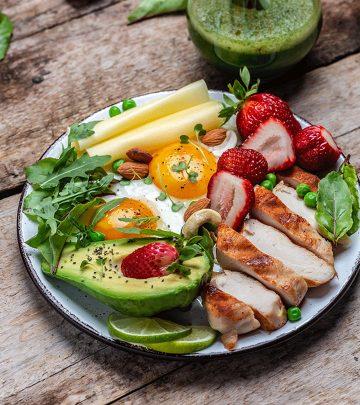
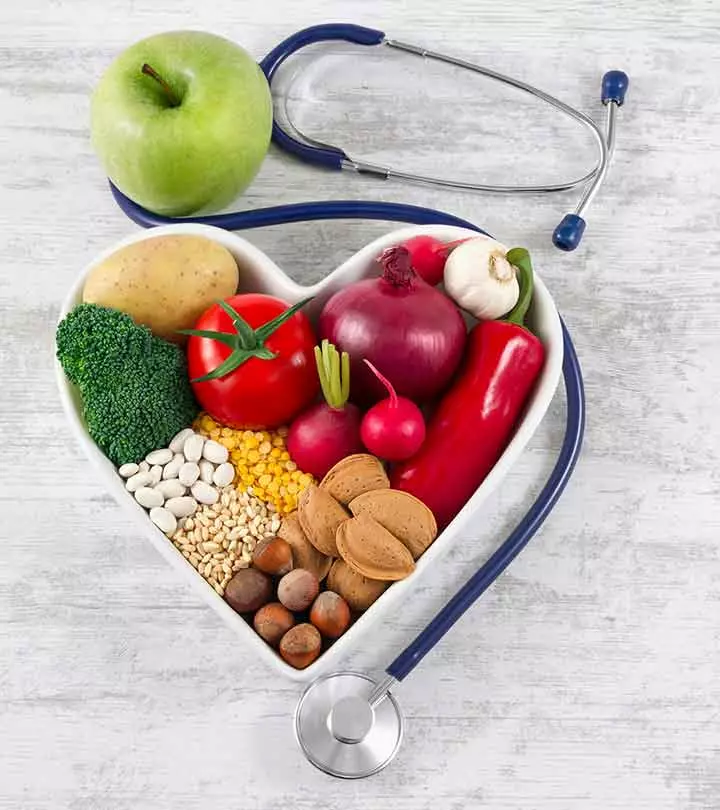
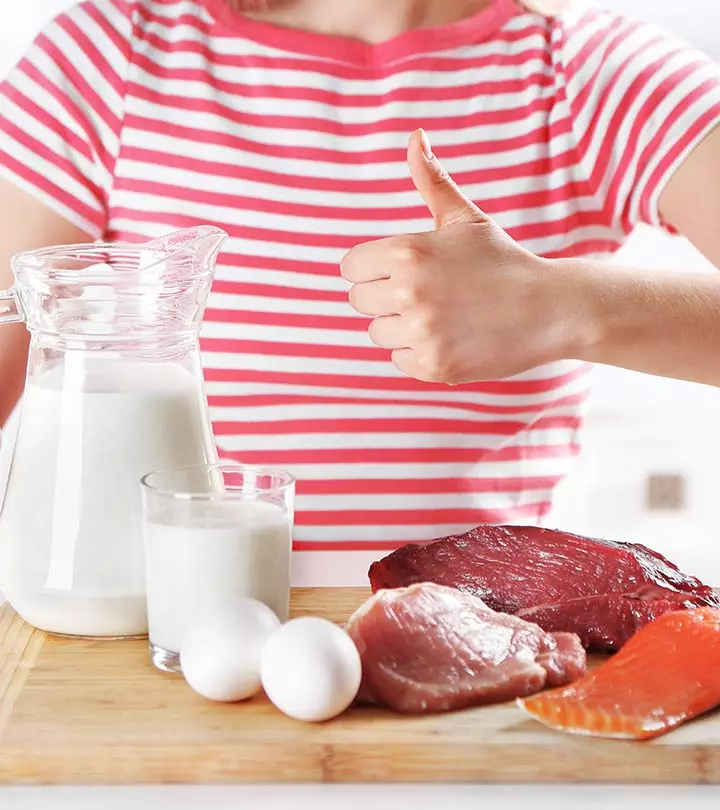


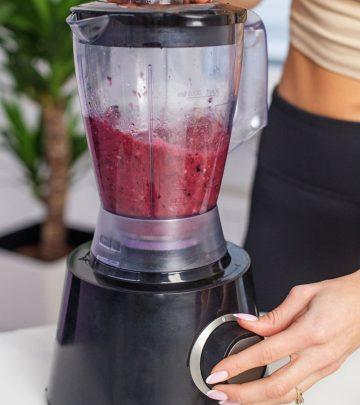
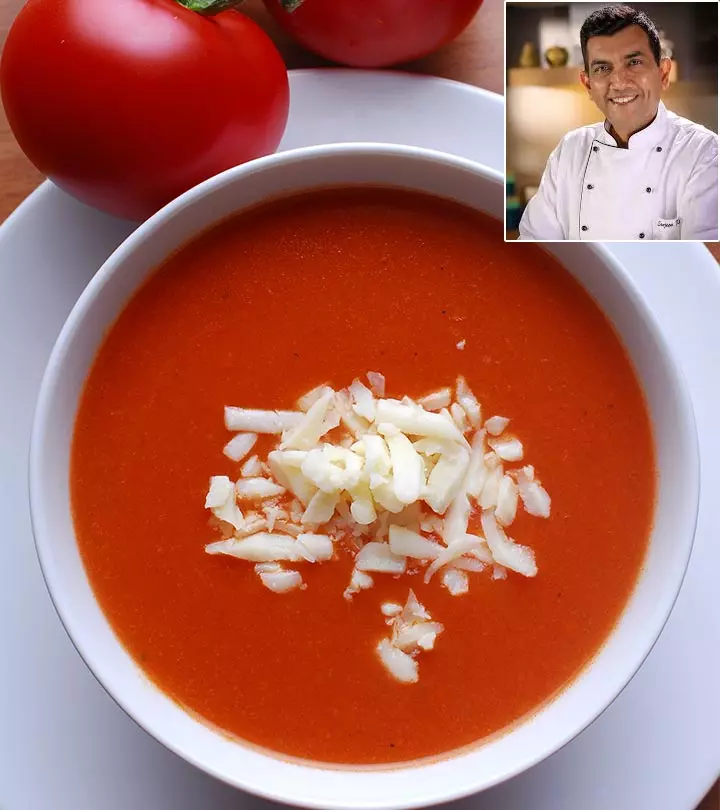


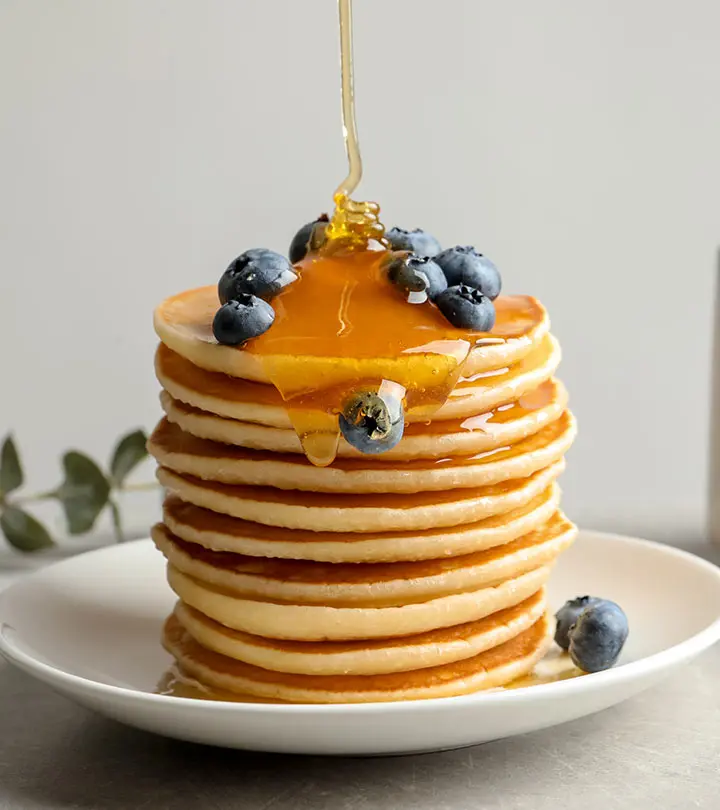

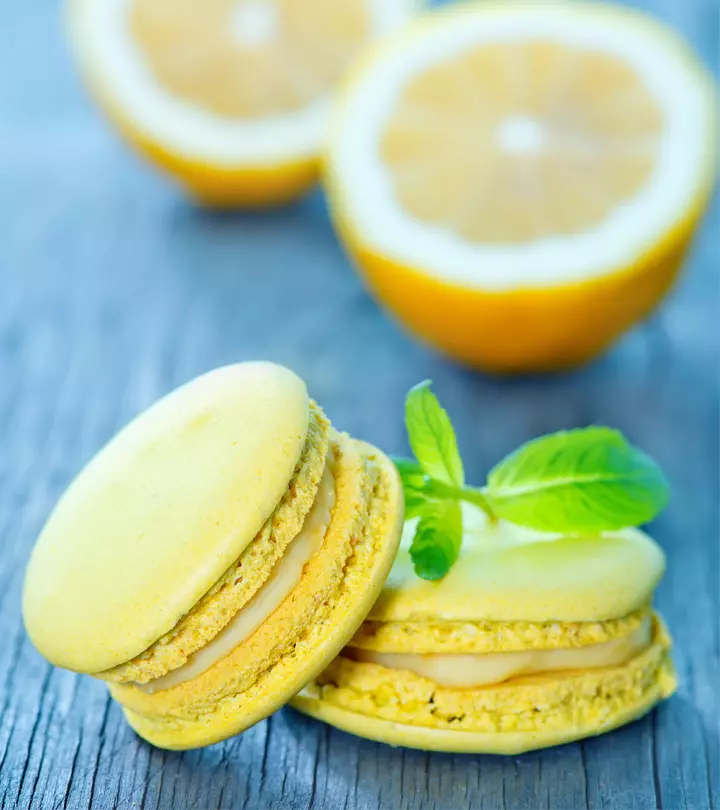
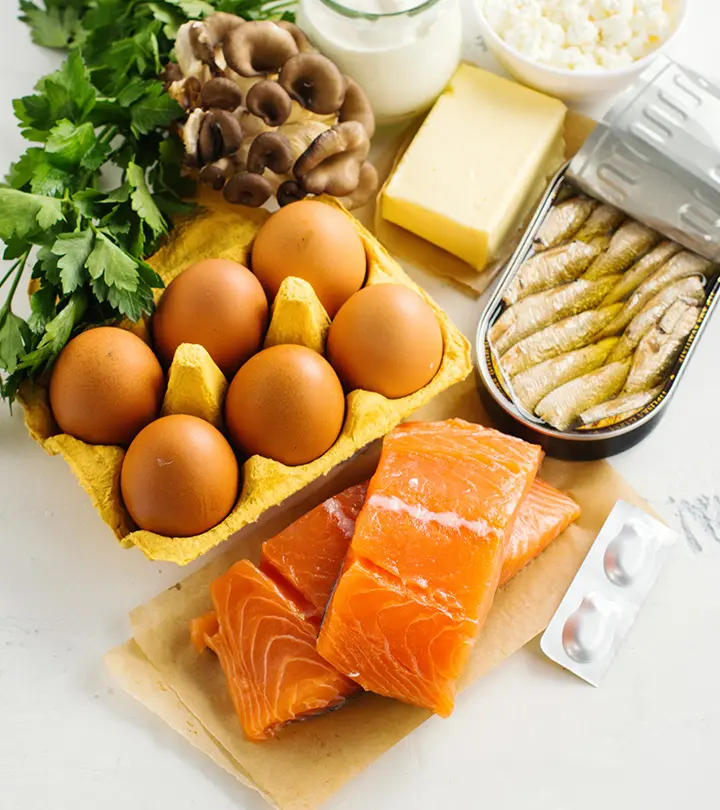
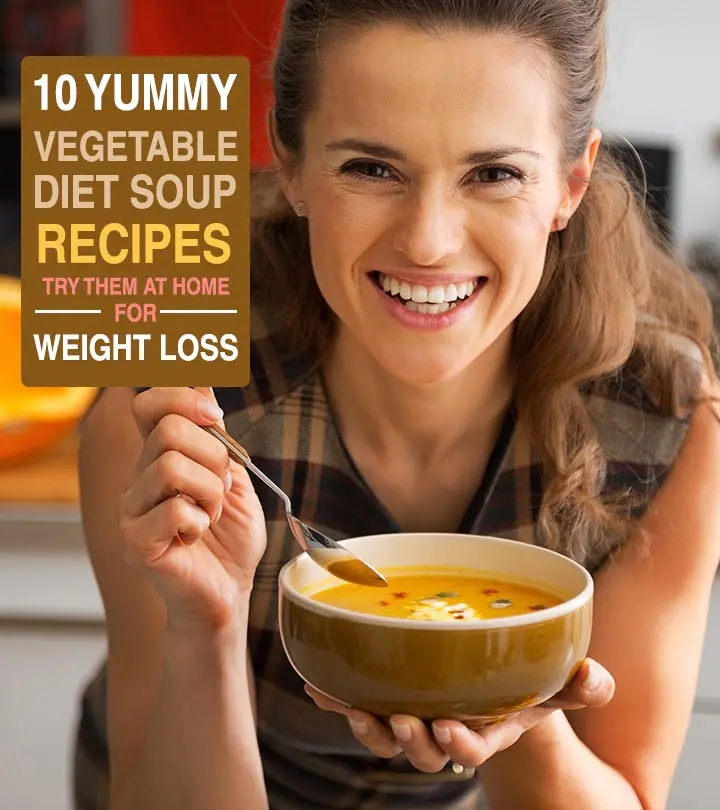
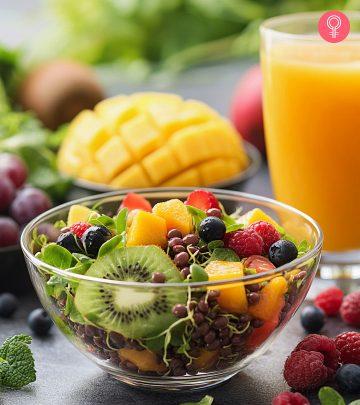

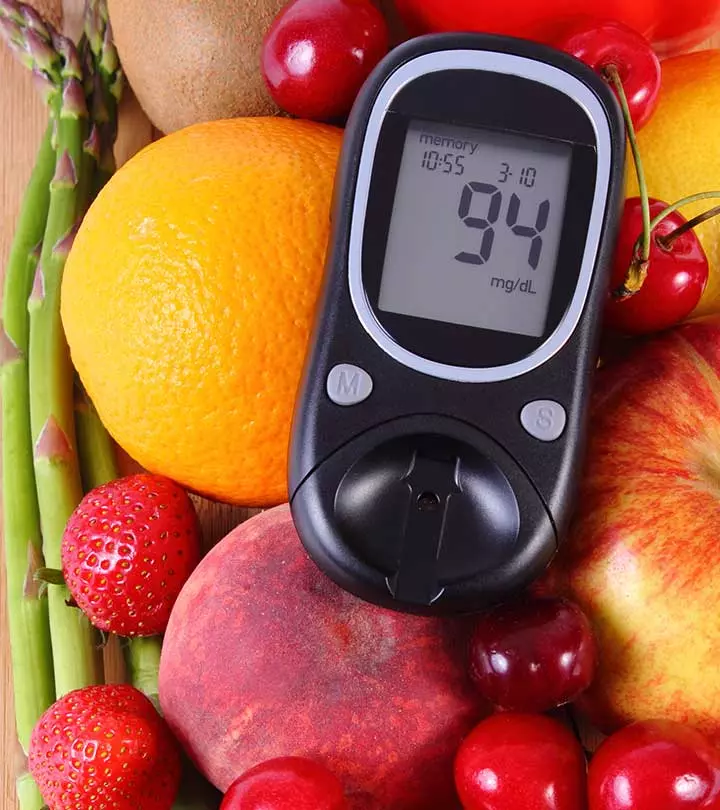
Community Experiences
Join the conversation and become a part of our empowering community! Share your stories, experiences, and insights to connect with other beauty, lifestyle, and health enthusiasts.